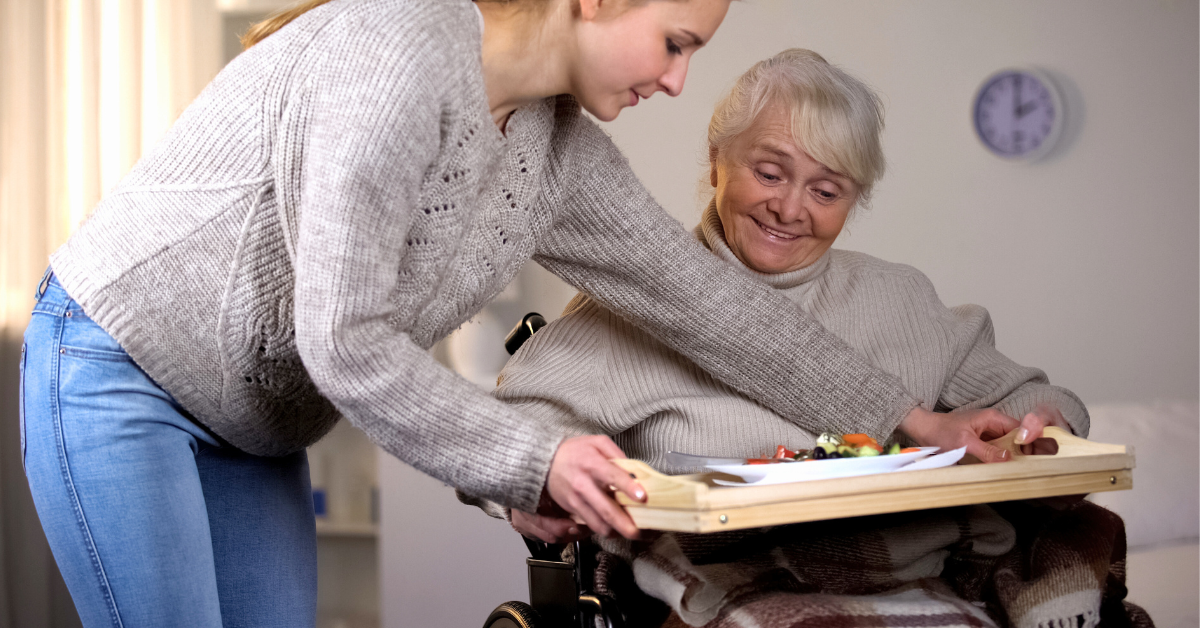
Published on:
Family caregiving—whether it is elder care or caring for an otherwise disabled individual—involves offering physical, emotional, and logistical support to a loved one who requires assistance. While many caregivers are naturally inclined to take on responsibilities in an effort to alleviate the burdens of those they care for, it is equally important to empower care receivers to retain as much independence as possible.
This can be a bit of a balancing act as you try to assist your loved one without exerting control, but facilitating autonomy in your loved one’s decision-making and daily activities not only enhances their psychological well-being but also cultivates a healthier dynamic for both of you.
Psychological and Emotional Benefits
One of the most compelling reasons for promoting independence is its positive impact on the emotional well-being of the care receiver. When your loved one is provided with the opportunity to make choices and carry out tasks on their own, they are implicitly reminded of their dignity.
Losing the ability to control daily decisions—such as choosing what to wear or eat—can contribute to feelings of helplessness, frustration, and even depression. In contrast, increasing autonomy helps the care receiver feel a greater sense of ownership over their life, which promotes self-esteem and confidence.
Psychology research suggests that autonomy is a fundamental human need. When people have a sense of control over their lives, they tend to experience a higher quality of life and overall happiness.
In a caregiving context, independence promotes a sense of purpose and relevance, helping care receivers to feel like less of a burden to others. For disabled people—especially prevalent in elder care—who may already feel marginalized due to physical or mental limitations, the opportunity to exert some control in their decisions and activities enhances quality of life by affording a greater degree of self-determination. As a result, caregivers should prioritize opportunities that allow care receivers to exercise choice and control to the maximum extent possible.
Better Physical and Cognitive Health
Facilitating independence in daily tasks also has significant physical and cognitive health benefits for your loved one. Daily activities such as cooking, dressing, grooming, and light exercise require both mental and physical engagement, which can help to maintain or even improve your loved one’s capabilities.
For elderly individuals, actively maintaining daily routines has been shown to slow the progression of cognitive decline because such activities stimulate memory, attention, and coordination. Incorporating routine physical tasks in elder care can also help preserve muscle strength, flexibility, and balance.
Promoting independence in caregiving settings is particularly essential for individuals who may be at risk of cognitive impairments, such as dementia. Studies show that cognitive stimulation, achieved through performing everyday tasks, can delay cognitive decline and improve mental functioning. For example, preparing a simple meal involves several cognitive steps—recalling a recipe, organizing ingredients, and executing the cooking process. Even if the caregiver supervises, allowing the care receiver to perform some steps on their own can make a difference in preserving cognitive health.
Moreover, physical activity associated with daily tasks has direct benefits for cardiovascular health, weight management, and joint mobility. The “use it or lose it” principle is especially relevant for elderly individuals or those with disabilities. The truth is that if a well-meaning elder care or other provider takes over too many responsibilities, they may inadvertently accelerate their loved one’s decline.
As a result, whenever you are tempted to take over for your loved one—in either decision-making or in the completion of tasks—please pause for a moment to consider the implications. Ask yourself how to balance your loved one’s need for independence with the safeguards and supports you provide. As you encourage your loved one to actively participate in manageable activities, you can play an essential role in maintaining optimal health and quality of life.
Reducing or Preventing Caregiver Burnout
Encouraging independence not only benefits elder care receivers and others but also helps to alleviate some of the pressures placed on family caregivers. By allowing your loved one to choose and perform daily activities themselves, you can reduce the risk of caregiver burnout—a documented phenomenon where the physical and emotional demands of caregiving may take a serious toll on your health. Caregiving is inherently demanding and can lead to significant stress, fatigue, and even physical health issues if caregivers take on every responsibility themselves.
Promoting maximum independence means that caregivers can step back and focus on supportive roles rather than micromanaging every aspect of the care receiver’s life. The caregiver may then take time to rest, manage other responsibilities, or maintain their own sense of balance. When an overburdened caregiver can reduce their workload, they usually feel less stress and resentment in the role, which ultimately leads to a more sustainable caregiving arrangement. Additionally, fostering independence strengthens a partnership dynamic between the caregiver and care receiver where both parties contribute, reinforcing mutual respect and understanding.
Cultivating a Sense of Normalcy and Social Interaction
Incorporating independence into caregiving also helps create a sense of normalcy in the daily life of the care receiver. When you encourage your loved one to make decisions and perform tasks, you normalize these experiences rather than framing them as “help” or “support.” This can foster a healthy perspective, allowing your loved one to feel more like themselves and less like a patient or dependent. In turn, this can engender a more comfortable, relaxed atmosphere for both of you.
Moreover, when caregivers prioritize independence, they help their loved ones retain or develop social skills. Many daily tasks require interactions with others—whether it’s going to a doctor’s appointment or participating in a community activity. By encouraging your loved one to speak up in these experiences, you can help them maintain social engagement, which provides a sense of community, reduces loneliness, and is important for mental and emotional health.
As I wrap up this post, I would note that empowering independence helps both caregivers and care receivers strengthen resilience for future challenges. Your loved one’s physical or mental limitations may worsen over time, and the support they require may increase. However, by building habits that prioritize self-sufficiency today, you will be poised to better navigate changes related to elder care and care for disabled loved ones tomorrow. When both the caregiver and the care receiver are equipped to respond to evolving needs, it leads to a smoother adaptation process and reduces the risks associated with sudden shifts in ability.
Thus, by balancing compassion with encouragement for autonomy, family caregivers can create a supportive, healthy environment of optimal functioning for their loved ones. In doing so, caregivers also enhance their own experience, establishing a more sustainable family caregiving dynamic.
Posted in Eldercare





